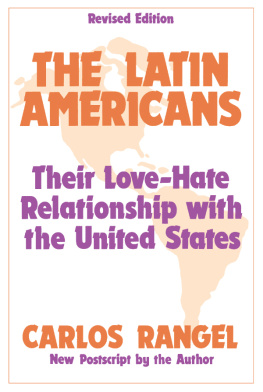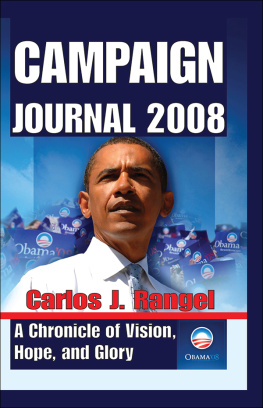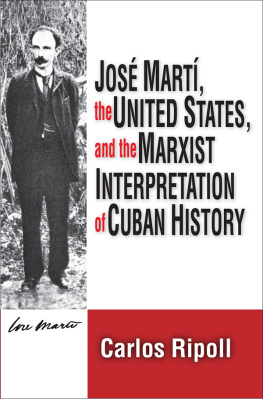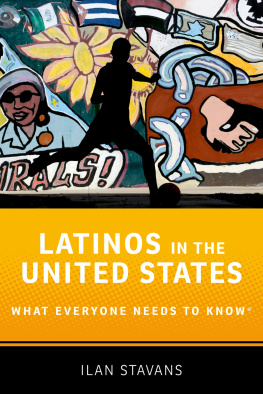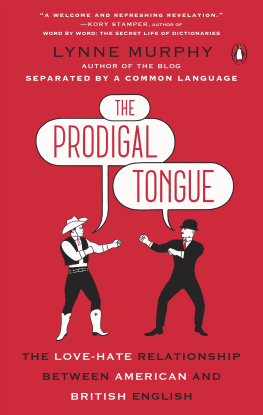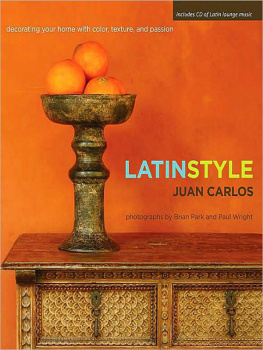First published 1987 by Transaction
Publishers Published 2017 by Routledge
2 Park Square, Milton Park, Abingdon, Oxon OX14 4RN
711 Third Avenue, New York, NY 10017, USA
Routledge is an imprint of the Taylor & Francis Group, an informa business
Copyright 1987 by Taylor & Francis.
Original edition copyright by Editions Robert Laffont, S.A.
All rights reserved. No part of this book may be reprinted or reproduced or utilised in any form or by any electronic, mechanical, or other means, now known or hereafter invented, including photocopying and recording, or in any information storage or retrieval system, without permission in writing from the publishers.
Notice:
Product or corporate names may be trademarks or registered trademarks, and are used only for identification and explanation without intent to infringe.
Library of Congress Catalog Number: 87-5980
Rangel, Carlos, 1929-dd 1988
The Latin Americans.
Translation of: Del buen salvaje a1 buen revolucionario.
Includes bibliographical references and index.
1. Latin America-Civilization. 2. Latin America-Politics and government. 3. Latin America-Relations-United States. 4. United States-Relations-Latin America. I. Title.
F1408.3.R3513198798087-5980
ISBN 13: 978-0-88738-692-3 (pbk)
Foreword
This is the first contemporary study of Latin-American civilization that discusses that continent in truly original and, to my mind, accurate fashion. Like any accurate assessment, it begins by doing away with the false interpretations, trumped-up images, and easy excuses that are common coin today. It follows that The Latin Americans is required reading for anyone who wishes to understand not only Latin America but also that much larger area of the contemporary world that exhibits the same failures, the same impotence, the same illusions. We can read Rangels book either as an in-depth study of a specific civilization, or as the model of a more widespread phenomenon; a study contrasting what a society really is with its self- image. How far can a country allow the gap to grow, between what it is and what it thinks of itself, before it loses its grip on reality? This is the question that the history of Latin America, and the confrontation of its myths and realities, allow us to answer.
Alien observers are chiefly responsible for the myths of Latin America. Europe has been the most prolific myth-maker in this case, and no wonder, since the colonizing power that shaped Latin-American society was European. Today, Europe no longer sends over its soldiers and priests, but it continues to send over its own obsessions.
For the Europeans have not been primarily concerned with understanding the two Americas; they have used the New World for their own ends. Their needs have been economic, imperial, ideological; they have craved adventure, dreams, the picturesque; they have needed to convert, to encourage, or to hate; and their narcissism has created an untold number of false images along the way.
These images are projections of ourselves; it was Europe that peopled the American continent, governed and directed it for centuries, brought African slaves to it, took over control of the Indian populations, or massacred them. Thus, we want to forget that the American civilizations, as they exist today, are the outcome of European colonialism, either of conquest or of what we may call imperialism-by-flight: the imperialism of millions of immigrants driven from Europe by hunger and persecution.
Whatever the blend of competitiveness, inferiority complexes, and smug paternalism that has gone into our conception of the two Americas, we must admit that in general this kind of mixture tends to engender myths. At the same time, a powerful mental block keeps even the most basic information about these countries from reaching us. In the twentieth century, we may simplify the picture by saying that the myths have crystallized around two main axes: North America is reactionary; Latin America is revolutionary.
It is true that the myths and realities of North America are constantly under discussion, so that some measure of reality, some sound perceptions, manage to survive. But Latin America is almost exclusively the domain of legend. From the start, the wish to know these societies, to understand them, or simply to describe them has been crushed under the need to use them as handy props for the European visionarys crystal ball.
The harm done would not be quite so great if, all along the path of history, our legends had not become a drug on which the Latin Americans we observed have loved to feed. Not that they are innocent of making up and propagating their own myths. But they are enormously encouraged in such counterfeiting when the figments of their imagination and their illusions about themselves are sent back to them duly authenticated, bearing the stamp of recognition bestowed by the high priests of the European intelligentsia.
My trouble in writing this foreword at the authors friendly request stems from the fact that I know I owe him whatever I shall think of Latin America from now on. Usually, forewords are written by the masters, not by the disciples.
Perhaps the following quote from a letter Carlos Rangel wrote me while he was working on his book and coming to grips with his basic theory will be more helpful than my own Eurocentric comments:
As I told you when we met in Caracas, a job of demystification needs to be done. Not that every single thing one hears about Latin America is untrue: but the sum of it gives a false impression.... Columbus himself laid the first stone of this house of myths; his own reasons for his quest and his first relations of it bear witness to this. We know he thought he had discovered the Earthly Paradise. Then came Father Las Casas and other monks who built up the image of the noble savage,' still much alive today, and launched the Black Legend' of the absolute evils of Spanish colonization. This proved useful to Holland, England, and France, the powerful rivals of Spanish colonization, as a tool in criticizing Spain: a job made simpler by the fact that until 1800 the Spanish did all they could to isolate the American provinces from the rest of the world."
Whatever its excesses and abuses may have been, it is untrue that Spanish colonization was nothing but one endless chain of oppression lasting over three centuries. Alexander von Humboldt, who visited the Spanish empire in the last years of his life, was surprised by the degree of progress, culture, and knowledge that he found in a city as unimportant as Caracas was at the time. This explains why here, as elsewhere on the continent, there should have arisen men as exceptional as Bolivar or Miranda. When discussing their thought, Carlos Rangel shows that they were on a par with the most remarkable contemporary theoreticians and statesmen of Europe and North America. But in Europe and North America, the new ideas generally gave rise to institutions, mores, methods of government. This development failed to take place in Spanish America.


